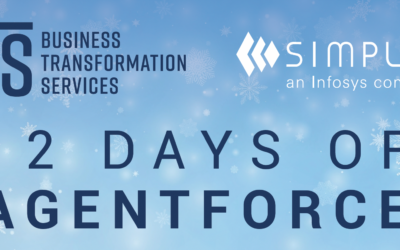For the seasoned sales reps who have experience selling products but are not hardcore technical product experts with tremendous amounts of tribal knowledge about the product they are selling, we want to offer a configuration experience that helps them through the configuration process. Something that will give them access to change critical components without violating the integrity of the product model. In addition, we want to surface the tribal knowledge of the technical experts seamlessly within the application, so that knowledge is not siloed within a few individuals.
In these particular cases, we use a few pieces of important functionality to ensure the configuration is done seamlessly and easily.
Product Option Structure and Constraints
The first example is the product option constraint. We want the sales representative to feel as much freedom as possible in the configuration. There are, however, certain product limitations that we must abide by in the configuration process.
For example, the personal computer can only have one processing unit per computer. Therefore, when we structure the processer selection, we only allow the user to select up to one processor. Within each product feature, you can select one or many options. In the settings for each of these based on the product model, we can allow certain constraints on the number of selections per feature, including different minimum and maximum options. In the case of the processors, the minimum number would be one and the maximum number would be one because you absolutely must have a processor to have a valid computer configuration but having more than one is invalid.
Secondarily, we also enforce constraints based on different feature selections. One option selection on a feature can impact another option selection feature through functionality we call option constraints. An example of this would be the selection of the processor could impact the amount of memory you can select. For a personal computer, you might max out the RAM at 16GB but for a workstation-class computer, 64GB might be the upper bound. We can enforce different limitations based on previous selections and vice-versa to create configurations that are completely valid no matter what a user tries to do within the system!
Product Option Recommendations
We may also want to make certain recommendations that could be hard or soft depending on how it’s set up within the system. An example of a hard recommendation would be if you’re in the North American region you must always select a North American power cable. One of our customers, through implementing CPQ, was able to save $500K per quarter just by enforcing strict rules on including power cables and algorithmically forcing them by region.
An example of a soft recommendation would be enterprise accounts are recommended to have Advanced Support. In this case, we would select the option but allow the user to deselect it if necessary. These are great for selecting margin enhancing products that might boost the financial viability of the deal.
In-Bundle Guided Selling
Lastly, in-bundle guided selling is a critical component of success in our implementations. The more we can abstract questions from the specific technical feature or functionality of our product and ask more business-focused questions (similar to the “What business application does the client want to run?” we asked in our previous post), the more equipped we’ll be to respond to our customer’s needs. This extends further though, and the critical question you must ask is “can we obtain the answer to this feature selection without actually asking the direct question?” Are there metrics, business-focused questions, or outcome-driven questions that we can ask instead that might actually give us a better answer?
Reach out to Simplus implementation and quote-to-cash experts today to learn more about how selling is made simpler and easier.















0 Comments